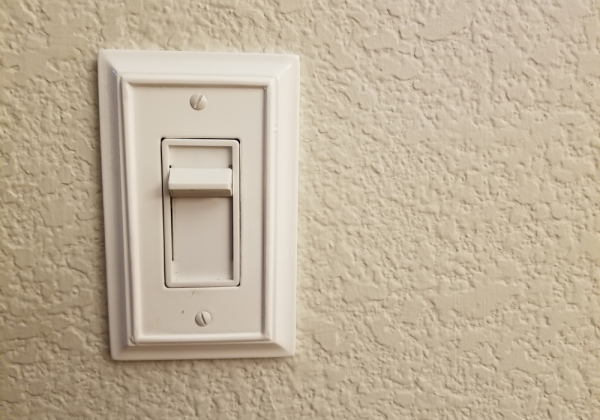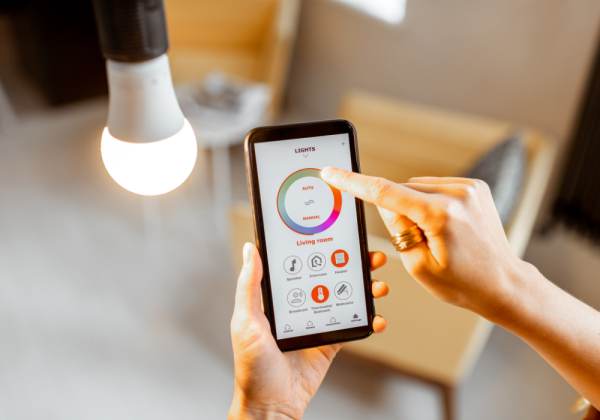As energy costs continue to rise and environmental concerns grow, finding ways to reduce energy consumption has become increasingly important. One area where homeowners can make a significant impact is in their lighting choices. At J.D. Patrick Electric, we’re committed to helping homeowners optimize their energy use while still enjoying quality lighting in their homes. In this blog, we’ll share valuable tips for achieving energy-efficient lighting in your home.
Switch to LED Bulbs
One of the simplest and most effective ways to reduce energy consumption is by switching to LED bulbs. LED bulbs use up to 80% less energy than traditional incandescent bulbs and last significantly longer. While LED bulbs may have a higher upfront cost, the long-term savings in energy costs and replacement bulbs make them a worthwhile investment. Additionally, LED bulbs come in a variety of color temperatures and styles, allowing you to achieve the perfect ambiance for any room in your home.
Install Dimmer Switches

Dimmer switches are another great way to save energy and customize the lighting in your home. By dimming the lights when full brightness is not needed, you can reduce energy consumption and extend the life of your bulbs. Dimmer switches also allow you to create different moods and atmospheres in your home, from bright and inviting to soft and cozy. Consider installing dimmer switches in living rooms, bedrooms, and dining areas to maximize energy efficiency and comfort.
Use Motion Sensors
Motion sensors are an excellent option for areas of your home that are not frequently occupied, such as hallways, closets, and utility rooms. By automatically turning lights on and off based on motion detection, motion sensors help reduce energy waste and ensure that lights are only on when needed. This not only saves energy but also enhances convenience and safety by providing instant illumination when you enter a room.
Optimize Natural Light
Take advantage of natural light whenever possible to reduce the need for artificial lighting during the day. Keep curtains and blinds open during daylight hours to allow sunlight to enter your home. Consider installing skylights or larger windows in rooms that lack natural light to brighten up the space and reduce reliance on electric lighting. Natural light not only saves energy but also has numerous health benefits, including boosting mood and productivity.
Choose Energy-Efficient Fixtures
When selecting light fixtures for your home, opt for energy-efficient designs that are specifically designed to minimize energy consumption. Look for fixtures with the ENERGY STAR label, which indicates that they meet strict energy efficiency guidelines set by the Environmental Protection Agency (EPA). ENERGY STAR-rated fixtures use less energy while still providing high-quality illumination, making them an excellent choice for energy-conscious homeowners.
Implement Smart Lighting Controls

Smart lighting controls allow you to remotely control and automate your home’s lighting, providing greater flexibility and energy savings. With smart lighting systems, you can schedule lights to turn on and off at specific times, adjust brightness levels, and even control individual lights or groups of lights from your smartphone or tablet. This level of control not only enhances convenience but also helps optimize energy use by ensuring that lights are only on when needed.
Maintain Your Lighting System
Regular maintenance is essential for ensuring the ongoing energy efficiency and performance of your lighting system. Keep fixtures clean and free of dust and debris, as dirt can block light output and reduce efficiency. Replace bulbs promptly when they burn out to prevent overcompensating with additional lighting. Consider scheduling annual inspections with a professional electrician to identify and address any issues with your lighting system proactively.
Educate Your Family
Finally, educate your family members about the importance of energy-efficient lighting and encourage them to adopt energy-saving habits. Remind everyone to turn off lights when leaving a room, use natural light whenever possible, and make use of dimmer switches and motion sensors to minimize energy waste. By working together as a household, you can maximize energy savings and reduce your environmental footprint.

